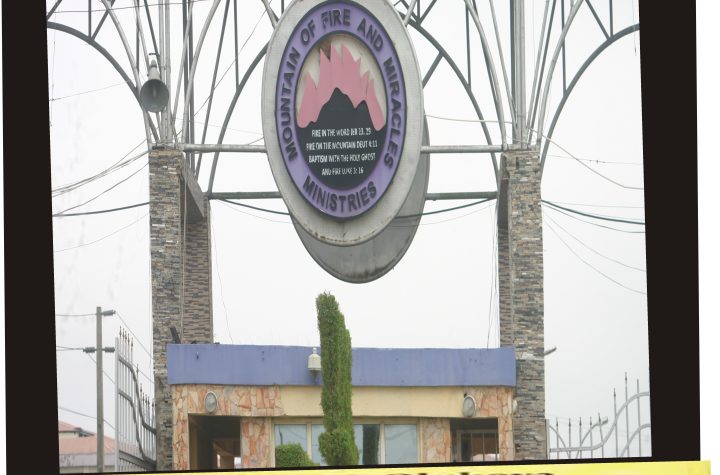
By allcitynews.ng


Despite all moves to win war against casualisation, it has continue to remain a unmoveable mountain.
The organised labour in banking and other financial institutions under the aegis of Association of Senior Staff of Banks, Insurance and Financial Institutions (ASSBIFI), described casualisation as a big challenge confronting the industry.

Pained that it has continued to gain ground in spite of the war against it, the President of ASSBIFI, Comrade Oyinkan Olasanoye blamed large numbers of unemployment in the country for the precarious job in the sector.

Olasanoye, who made this known while briefing Labour Writers Association of Nigeria (LAWAN) last week, said winning war against casualisation is not yielding fruitful results as many job-seekers who are accepting such job are doing so out of frustration. Hence, they are only interested in the immediate job without concern about the condition of service.

As most of them are not adequately
trained by their employers for the kind of job they are meant to do. And coupled with information technology, they unconsciously divulge useful information to people who use such information against innocent bank customers.
Noting that the inexperience of such workers often make them instrument of frauds in the bank, she urged bank customers, indeed all Nigerians to be extra vigilance to avoid falling prey to scammers.

The ASSBIFI helsmwoman however claimed that currently, the union is fighting a war to create smooth level playing ground for casual staff since employers of labour in the sector have been using large unemployment as licence for casualisation and exploitation of bank staff.

Adding that casualisation could be described as precarious job because such workers are subjected to lower wages, being denied social benefits and also they are also exposed to more dangerous working conditions, as such they can easily compromise the ethics of the job.
![]()
In a related development, the ASSBIFI leader expressing sadness over the death of 15 to COVID-19, said 7, 800 recovered from the pandemic. According to her, most of the workers fell victims to COVID-19 because of too much contact with multilated and dirty naira notes.
![]()













More Stories
Iron Rod & Steel Distributors Employers Union, indicts SON over substandard products
Amidst hardship, unemployment, National Association of Herbal Medicine Employer (NAHME) creates 1500 direct jobs
Nigerian workers have right to report employers over default of CPS payment-PenCom